Theatre 31 Director and Choreographer Anniwaa Buachie, recently flew more than 10,000 miles to Alego Nyangoma, Siaya County, Western Kenya, in August, to work with 100 children on the first ever Shakespeare production performed in the Kenyan languages, Luo and Swahili. We catch up with Anniwaa to find out about her travels and work:
Why were you in Kenya?
I am a proud Ghanaian-British creative. I believe my creativity is enhanced by my rich Ghanaian heritage. As a West African, I have been keen to give back to the continent that made my parents, which ultimately made me who I am. So when I was invited via Los Angeles Drama Club (LADC, the country’s youngest Shakespeare company) by Dr. Auma Obama to be a guest artist-in-residence at the Sauti Kuu Foundation (SKF) I couldn’t resist.
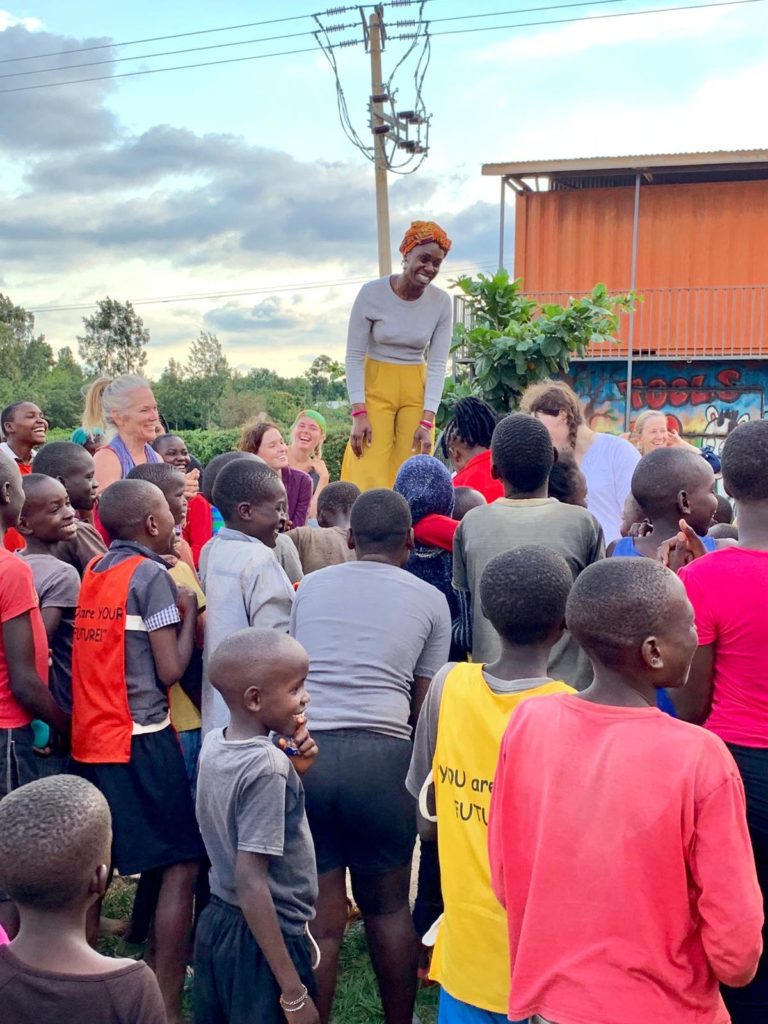
What is the Sauti Kuu Foundation?
Founded by Dr. Auma Obama, Sauti Kuu’s (meaning “powerful voices”) goal is to create a platform for disadvantaged children and young people worldwide that allows them to uncover their strengths and realize their full potential to live independent and successful lives.
The aim is to help children and young people, in particular those from rural communities and urban slums, discover the strength of their own voices and the power they have to positively change their lives. SKF works with families to develop sustainable socioeconomic structures that will guarantee financial independence, assists the children and young people to actively participate in the development of their communities, and utilize locally available resources to improve their living conditions.
Dr. Auma Obama has long been serving children in her community and in other countries – through the Auma Obama Foundation Sauti Kuu. The Kenyan-born sister of former U.S. President Barack Obama, Auma Obama, presided over LADC’s visit to Sauti Kuu in Alego Nyangoma (the Obama family ancestral village).
What was the program?
Every summer for one week, children aged 10-18 are given the opportunity to board at SKF to experience a number of workshops to encourage children to take charge of their future. This summer, August 2019, LADC provided Shakespeare workshops that enhanced the drama component that Sauti Kuu has incorporated into their mission. I worked with over a hundred local and underprivileged children in a global exchange of culture and ideas that culminated into a performance watched by the whole community.
The theme for the week, “All The World’s A Stage – How Will You Play Your Part?,” not only focused on theatre, drama, and expression, but also on personal development (one of the four pillars of the Sauti Kuu mission).
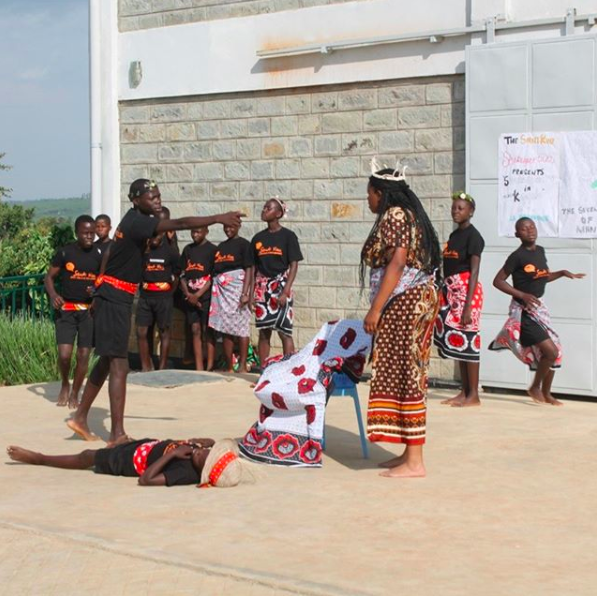
What was your particular focus in the program?
My workshop was Dance For Inspiration; exploring the expression of dance in theatre. Focusing on dances of Shakespearean time and how this has been interchanged with other forms of dance to reflect modern cultural references. My workshop not only expressed the history of dance in Shakespeare plays, but also gave students the chance to utilize their own cultural dances to enhance scenes.
I also worked with the students, aged 10- 12, on a monologue from Troilus and Cressida about time. The piece was fully devised by students and was very lyrical and symbolic. Emphasizing the role time plays in our lives, it’s not about how much time we have but what we do with the time we are given. It was a great success!
What were your goals?
There were 100 children at the retreat. My colleagues and I set the goal of creating a Shakespeare production inclusive of Kenyan languages: Luo and Swahili as well as embodying the essence of Luo culture. As this was a cultural, creative exchange, it was important to me that we develop work that was a cohesive representation of the community.
As Kenya is a former colony of the UK, I was very conscious of the colonial residue within the country. It was my personal goal to empower these children to not apologize for their self-expression, their experiences, their mother tongue, their pride. If they want to change where Hamlet is set, so be it! If they want to not speak English whilst performing so be it! When it comes to creativity there is no right or wrong!

What was achieved?
History was made! On Saturday, the 17th of August, 100 children performed the works of William Shakespeare in Luo and Swahili, for the first time in Alego Nyangoma, Siaya County, Western Kenya. We achieved cultural cohesion, and highlighted that regardless of our differences, art always unites people together. The show was a tremendous success and was certainly an exciting, memorable experience for all involved.
Why do you think theatre is important to young people?
Theatre is the single most valuable place where children can explore the full extent of their imaginations and often be surprised at their strengths. If theatre is not present in a child’s life, they miss out on the opportunity to develop their communication skills, work ethic, morals, and working as a part of a team. Theatre also allows you to place yourself in a character’s shoes, to understand their perspective, their trials tribulations and celebrations. This teaches young people lessons of empathy and cultural relativity. Working on a theatre production takes a lot of time, dedication and patience. Sometimes things go wrong, sometimes you won’t get something straight away. However, you cannot give up at the first hurdle, you have to work through the challenges to achieve a unique and magical experience.
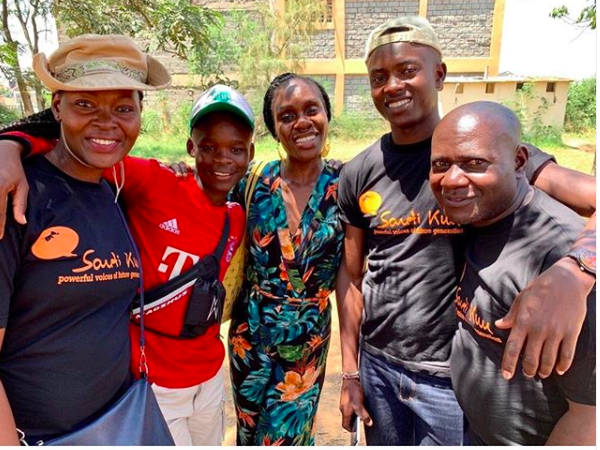
Is there anything else you’d like to add about your experience in Africa?
It was an honor give back to the continent of Africa! It was a pleasure to be one of the teaching artists that furthered the mission of Sauti Kuu and LADC of enabling children and young people in Kenya and beyond to find and use their voice to positively change their lives. There is endless amount of learning opportunities within the theatre, and for every child that allows theatre into their life, they have the opportunity to find their Sauti Kuu (powerful voice).
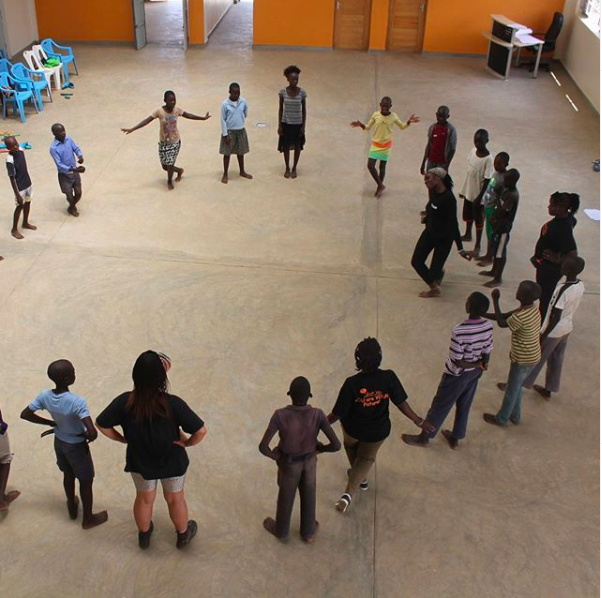


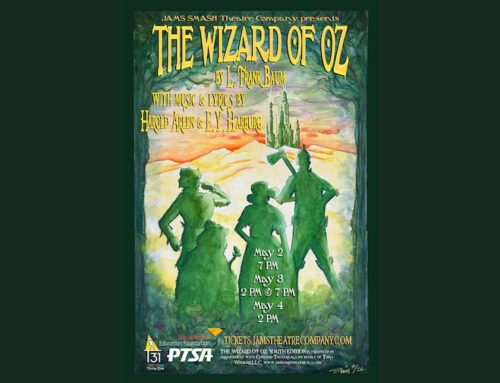
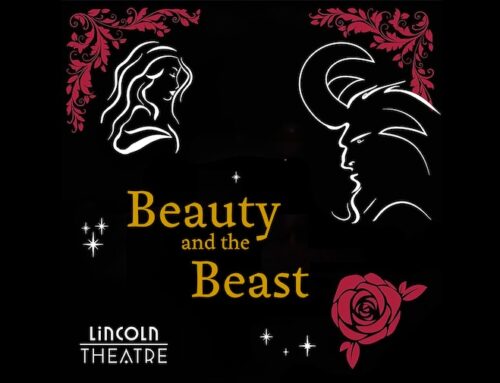
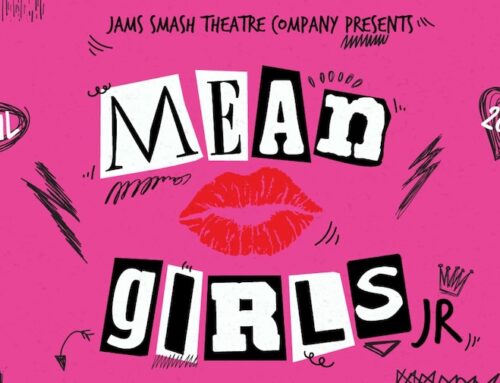


Leave A Comment